At Halswell School it is our priority to care for your children to ensure that they thrive. Our students learn in a nurturing environment where school staff are actively engaged with them and their whānau. We believe that student wellbeing is essential for both academic and social development.
We aim to provide our students with a safe, supportive and respectful learning environment. We take a planned approach to student wellbeing which includes explicit teaching across the school. Our staff support students to develop skills that help them to strengthen their relationships, build positive emotions, enhance personal resilience, promote mindfulness and encourage each student to thrive.
We foster student wellbeing through the following school wide programmes and approaches:
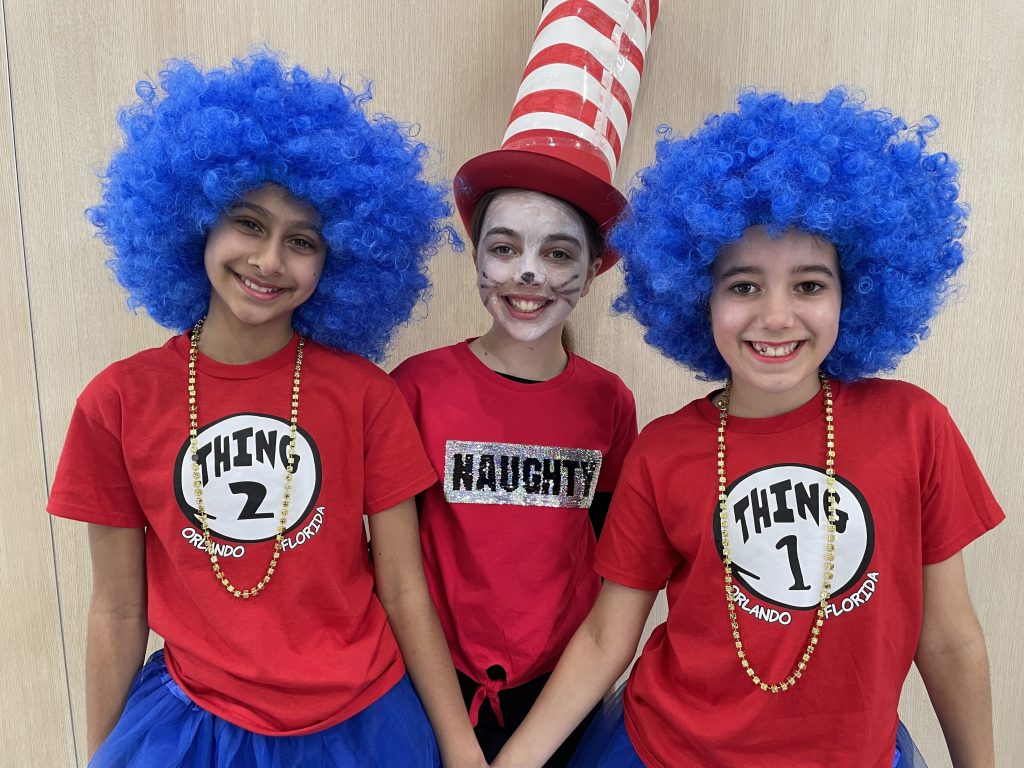
What is Positive Behaviour for Learning (PB4L)?
Positive Behaviour for Learning (PB4L) is an initiative from the Ministry of Education. It aims to provide a positive school climate and to create a supportive environment for personal, social and academic growth for students and staff. PB4L is built on the foundation that positive behaviour can be learnt and inappropriate behaviour can be unlearnt. The focus is on:
PB4L at Halswell School
At Halswell School PB4L is based around our five values:
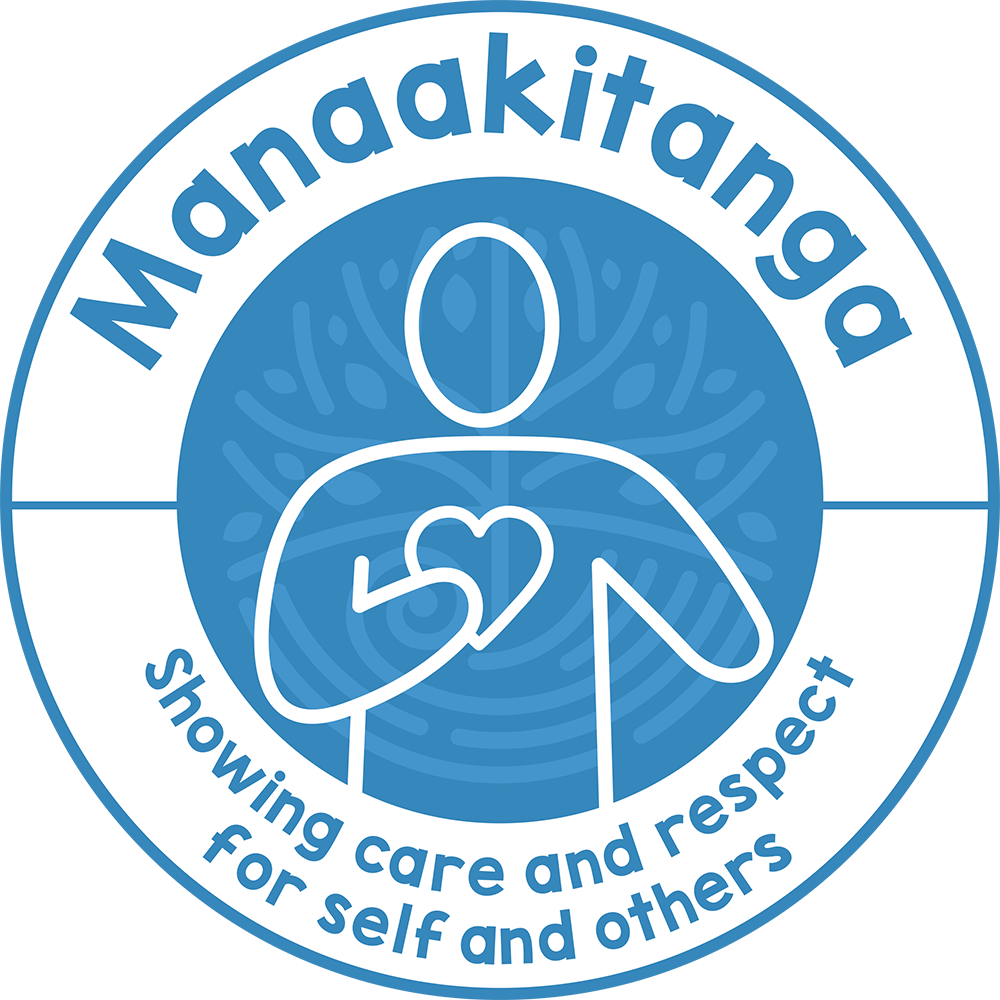
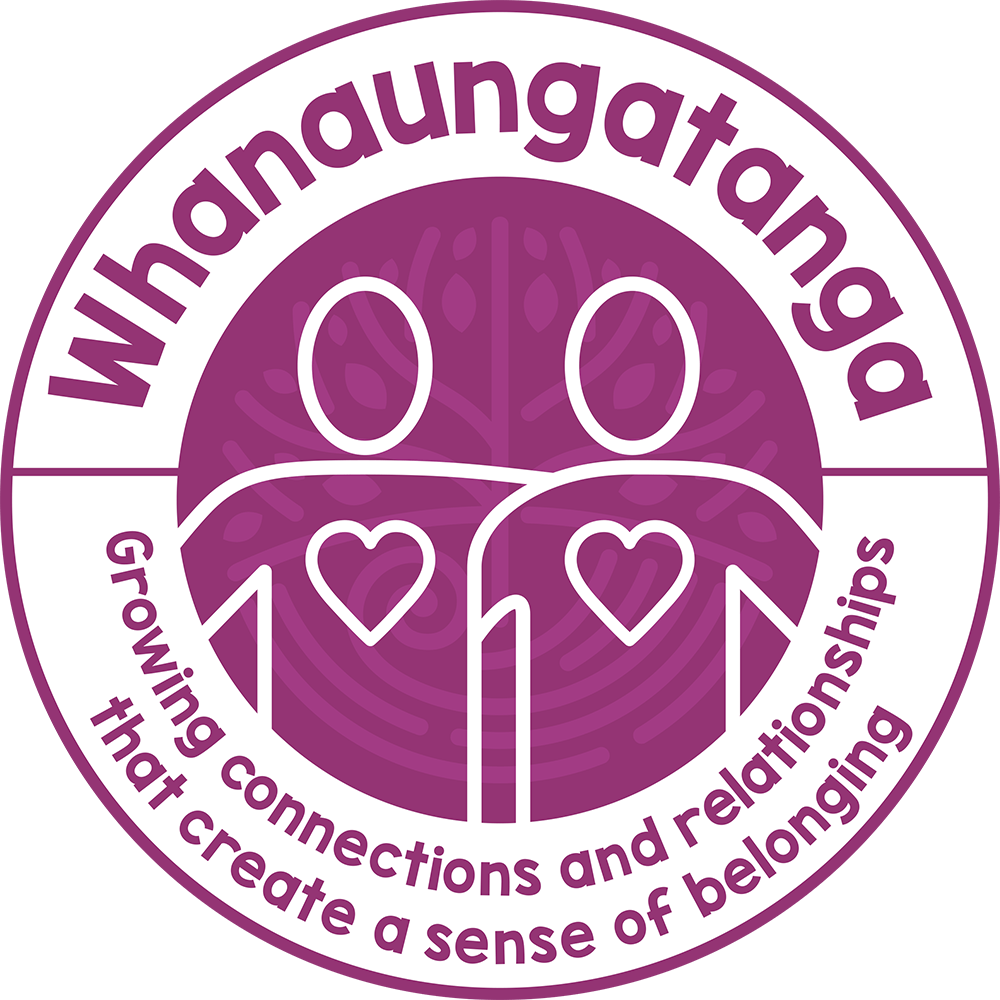
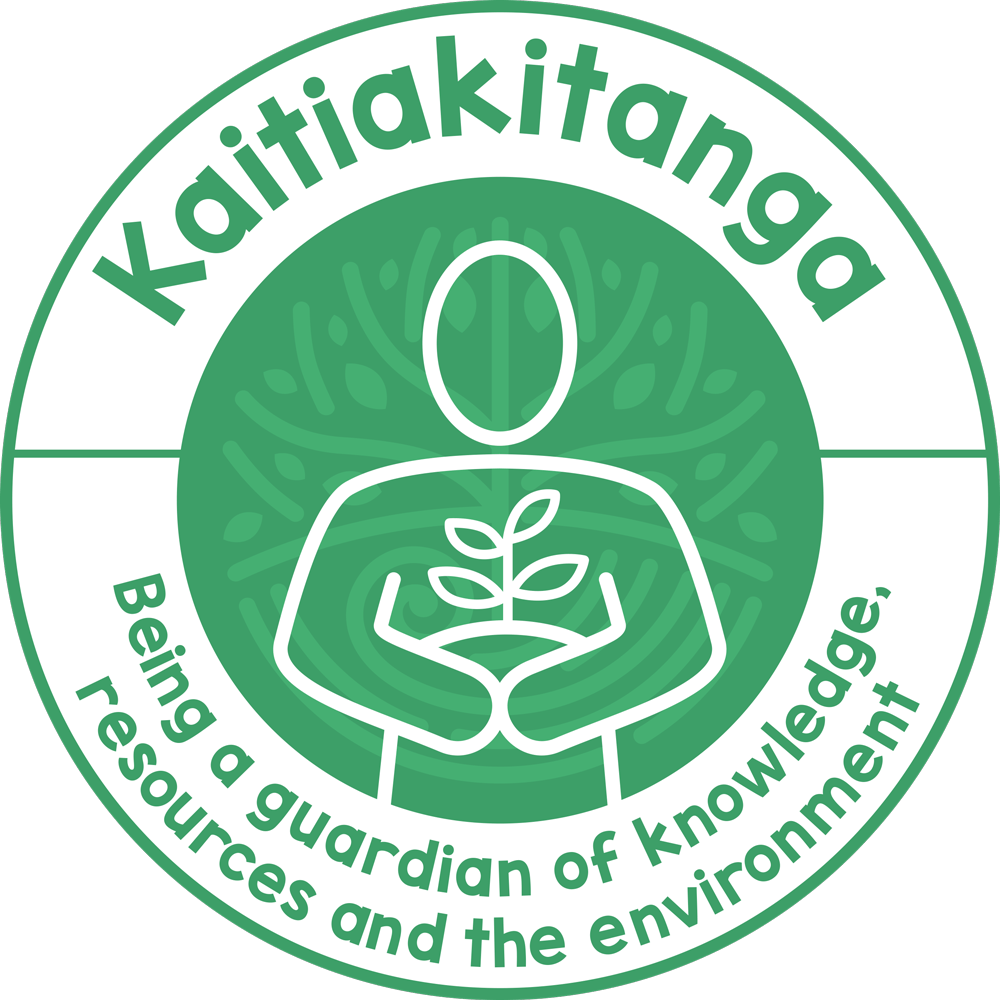
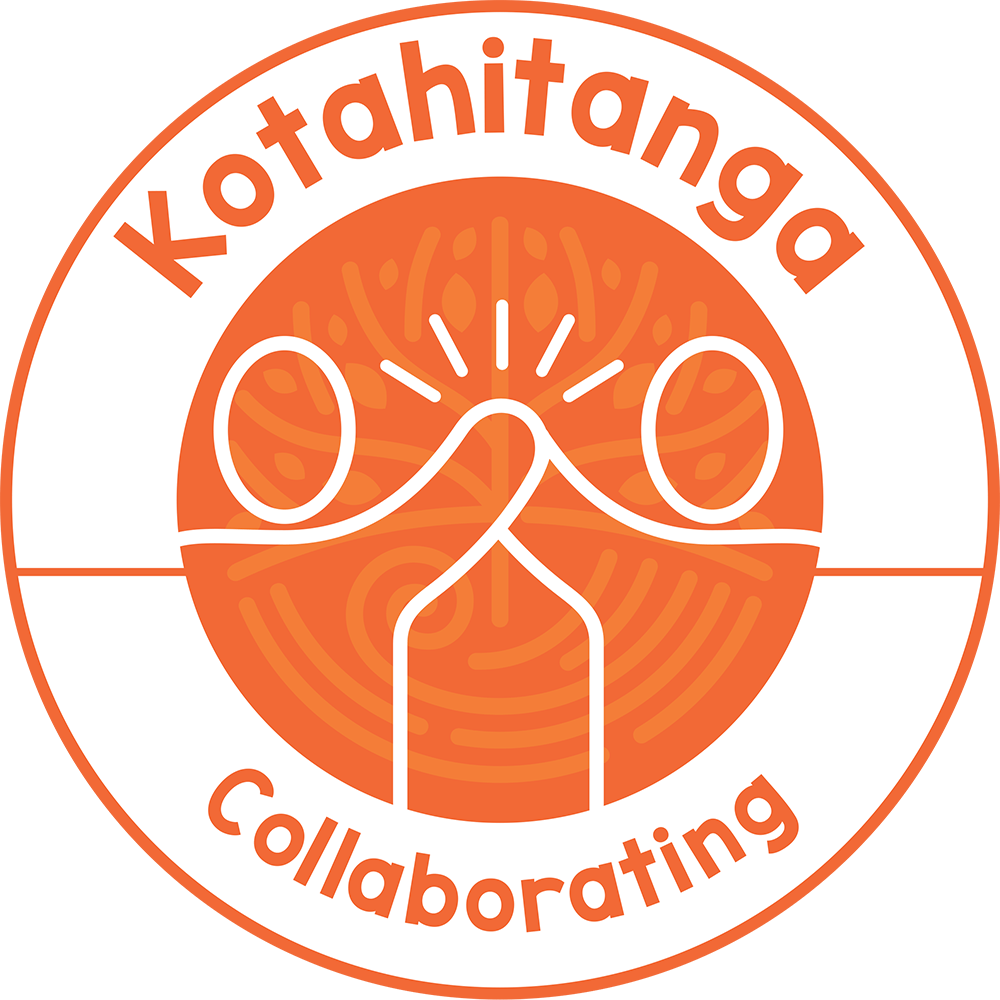
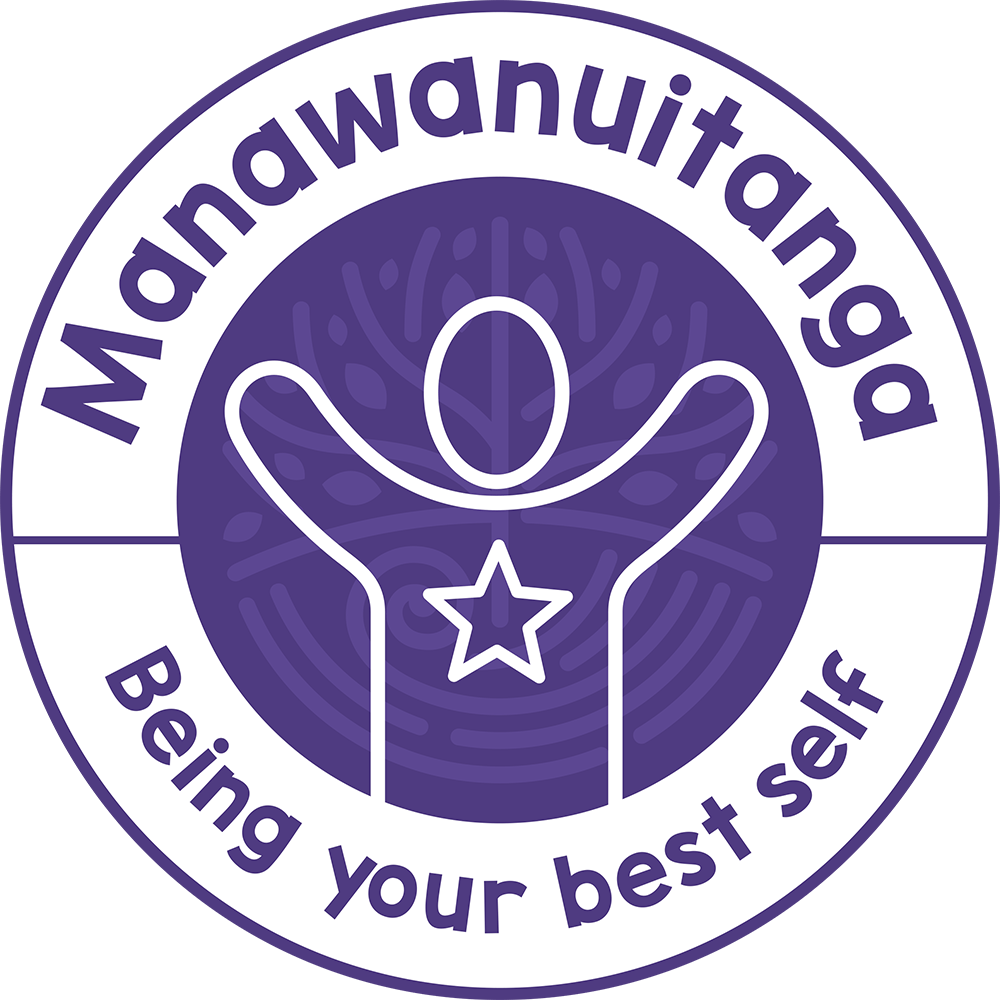
Through PB4L we explicitly teach our behaviour curriculum. Read our PB4L Purpose statement here.
Our PB4L acknowledgement system (whānau cards) supports our behaviour curriculum and encourages students to model our school values every day. Staff acknowledge students showing our behaviour expectations with a whānau card. At assembly each fortnight students have the opportunity to win the “Whānau Card Draw”. Whānau cards are totalled across the school to decide our winning Whānau and to trigger “Fun Fridays” when a whole school goal is reached.
How will PB4L help my child and our school?
Discouraging Inappropriate Behaviour
Within the PB4L framework we have a tiered system for dealing with inappropriate behaviours. Behaviours are defined as either minor, major or crisis and are dealt with in a consistent manner across the school. At all times our approach is educative rather than punitive, as research shows that this approach is most likely to bring about meaningful behavioural change. Scroll through the slides to read about minor, major and crisis behaviours.
Our Behaviour Matrix
These are our Halswell School behaviour expectations. Underpinning these are our school values.
What is Restorative Practice?
Restorative Practice is a way of viewing conflict and wrong-doing that focuses on the harm caused to people and to relationships and the obligation to repair that harm. It is a way for students to develop better understanding of, and empathy with others.
Restorative Practice at Halswell School
It is inevitable that in any community we will experience conflict, disruption, hurt and disappointment. Wrongdoing such as bullying is a violation of people, property and relationships. The wrongdoer has a responsibility to make things right, to heal the hurt. Situations requiring intervention in our school provide opportunities for learning, growth and building communities. Managing conflict effectively helps us learn skills such as active listening, problem solving, expressing emotion appropriately and taking responsibility for our actions. There are a variety of ways that you will see and hear Restorative Practices in action across our school:
Sometimes depending on the nature of the incident, other steps will need to be taken.
How will Restorative Practice help my child and our school?
Restorative Practices:
What is Positive Education?
At Halswell School we believe Positive Education is combining positive psychology with our school values and effective teaching practices. This will enable students to ‘thrive’ in our community with a strong sense of self and identity.
At Halswell School Positive Education is taught and embedded through our everyday curriculum. Our programme encourages tamariki to develop their emotional literacy through mindfulness, gratitude, empathy and resilience.
Mindfulness
Mindfulness includes connecting our physical state with our breathing to enable students to approach challenges with a ‘one step at a time’ mindset. This helps us to be calm and present to ensure we make the best decisions for ourselves.
Gratitude
When practising gratitude, tamariki are encouraged to recognise the positive aspects around them, by focusing on the moments, relationships and things that we already have.
Empathy
Through our school value of Manaakitanga, students learn to understand how our actions and words can influence others. It is about understanding how our peers are feeling even when we aren’t in the same situation.
Resilience
Resilience is developed by providing students with a range of tools to draw upon when faced with uncertain and challenging situations. It enables them to regulate their emotions and bounce back with a growth mindset.
How will Positive Education help my child and our school?
Through embedding, our key principles of Positive Education; mindfulness, gratitude, empathy and resilience, we aim to provide students with the skills and strategies to thrive in the ever-changing world and manage the ups and downs of life. We want our students to leave Halswell confident, secure in themselves and able to relate to others while thriving in our community.
And What About Bullying?
What is Bullying
Bullying occurs in all schools from time to time. Read our Halswell School definition of bullying here.
How do we prevent bullying?
Bullying occurs in all schools from time to time. Read our Halswell School definition of bullying here.
Research suggests the incidence of bullying in a school is best minimised by:
Fostering a safe and caring school climate where prosocial behaviours are promoted and explicitly taught
Having clear consistent procedures for responding to all incidents of bullying
At Halswell School, our participation in the PB4L programme supports our approach to bullying prevention by:
Tackling Bullying
Tackling Bullying: A guide for parents and whānau” from Bullying Free NZ is an excellent resource for tips on how to support your child whether they be a victim or a bully.
If you are concerned that your child is being bullied, please contact their T group teacher as soon as possible so the issue can be addressed immediately.
